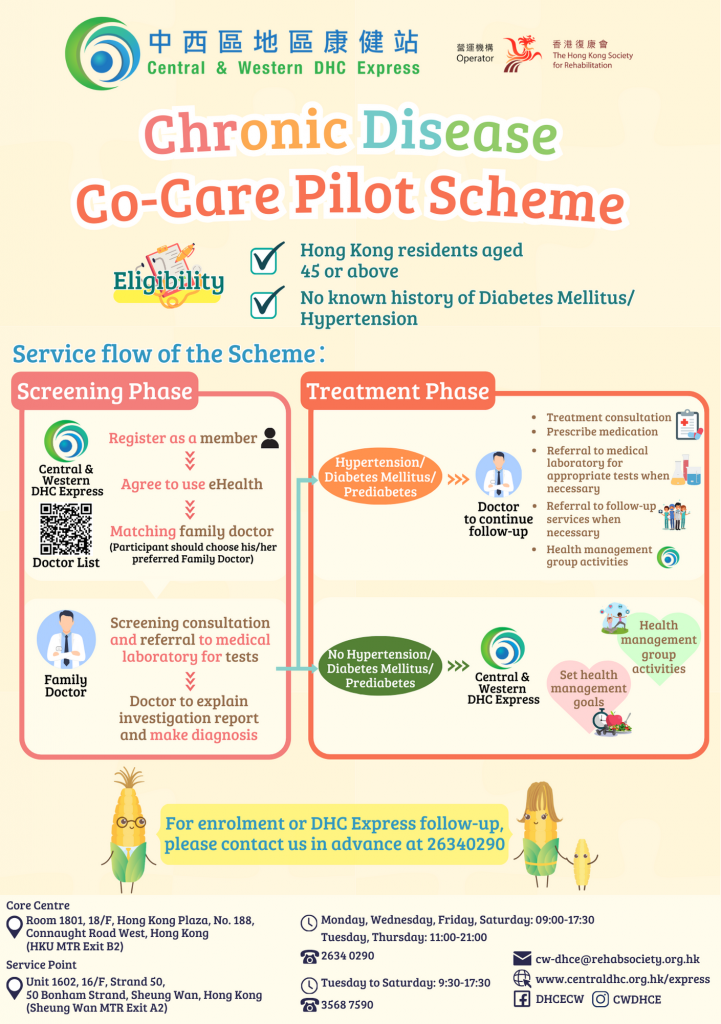Hong Kong is taking bold, coordinated steps to combat the growing global challenge of antimicrobial resistance (AMR), as demonstrated by the recent 10th meeting of the High Level Steering Committee on July 7, 2025.
Led by Secretary for Health Prof Lo Chung-mau, the committee is championing a comprehensive “One Health” approach that recognizes the intricate connections between human, animal, and environmental health. This strategy goes beyond traditional siloed thinking, emphasizing interdepartmental collaboration to address AMR holistically.
The meeting highlighted significant progress across multiple sectors. In human healthcare, the wholesale supply of antimicrobials to community pharmacies has dramatically decreased from 18.5% in 2016 to just 3.45% last year. The Hospital Authority has been particularly innovative, introducing an electronic platform that uses data analytics to generate automatic reminders to clinicians. This intervention has already yielded results, contributing to a 3.1% reduction in broad-spectrum antibiotic usage compared to 2023.
On the technological front, Hong Kong is implementing a Computerised Transaction Record System, initially launched in June for voluntary participation by licensed pharmaceutical traders. Planned legislative amendments will eventually mandate systematic electronic recording of antimicrobial prescriptions and dispensing, creating a more transparent and manageable tracking system.

The agricultural sector is also making substantial strides. The Agriculture, Fisheries & Conservation Department has been progressively phasing out Antibiotics Permits for local livestock farmers since October 2020. This initiative specifically targets reducing the use of critically important human antimicrobials in animal health. Supporting this transition, the Sustainable Agricultural Development Fund has helped improve veterinary services and pharmaceutical supplies.
Food safety remains a critical component of the AMR strategy. The Centre for Food Safety has been proactive, organizing workshops for food handlers, developing comprehensive guidelines, conducting regular inspections, and launching public education campaigns to raise AMR awareness.

Environmental monitoring has been equally rigorous. The Environmental Protection Department conducted extensive surveys from 2020 to 2025, examining residual antibiotic levels and environmental AMR concentrations in various water systems. Encouragingly, their findings showed that median residual antibiotic levels in local aquatic environments remained below the “Predicted No Effect Concentration,” suggesting minimal environmental impact.
The steering committee’s approach is characterized by its evidence-based, multi-sectoral strategy. By integrating human, animal, and environmental health perspectives, Hong Kong is developing a nuanced and comprehensive response to antimicrobial resistance.
Moving forward, the Health Bureau remains committed to strengthening surveillance, supporting research, and enhancing public understanding of AMR. The ongoing efforts demonstrate a sophisticated, proactive approach to a complex global health challenge, positioning Hong Kong as a potential model for integrated AMR management.
As antimicrobial resistance continues to pose significant global health risks, Hong Kong’s methodical and collaborative strategy offers hope and practical insights for other regions seeking to address this critical issue.












